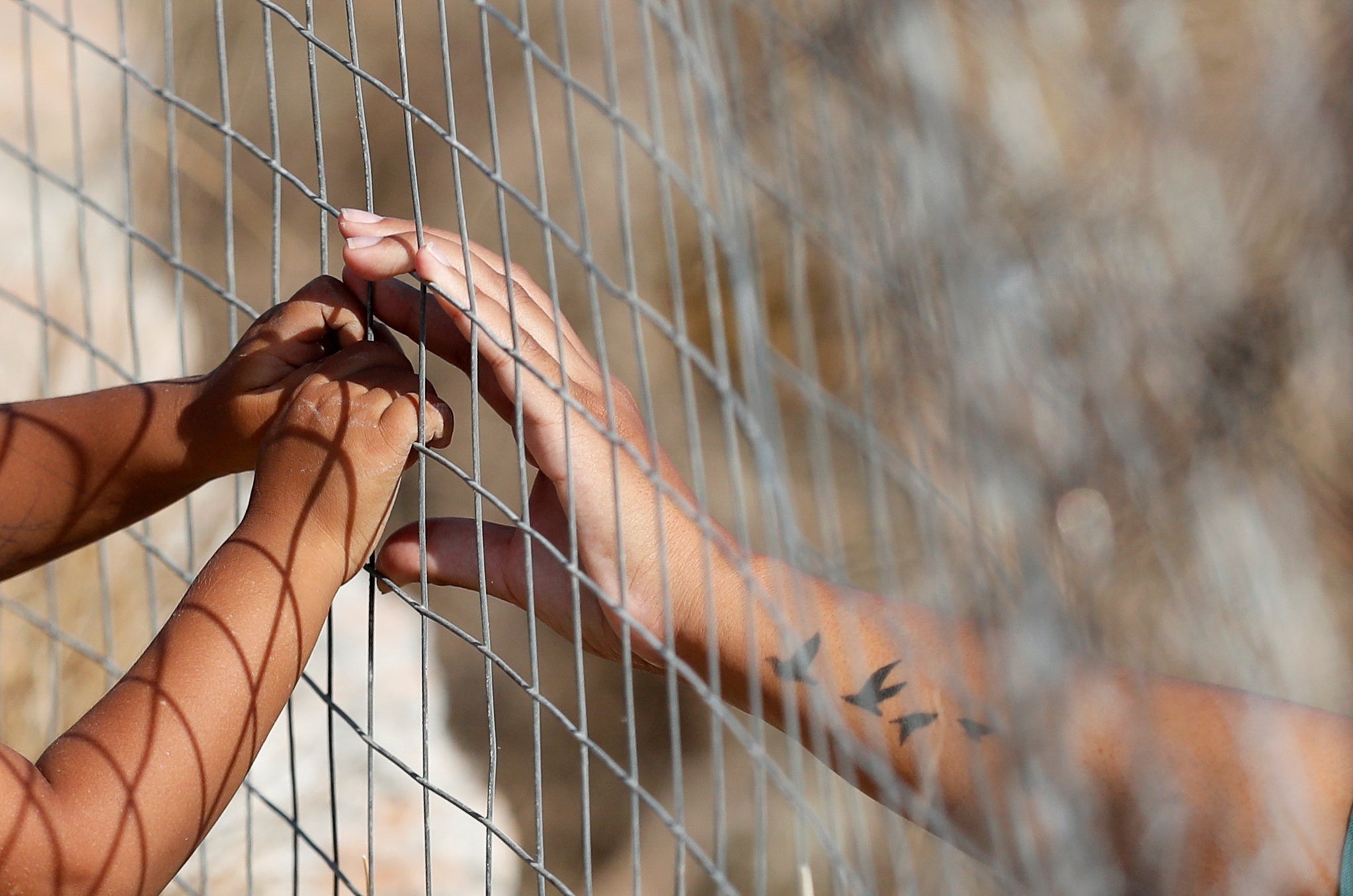What do you think of when you hear the word ‘refugee’?
Refugees are people, just like you or me, whose lives have changed, sometimes in an instant, writes Emma Cherniavsky


When you hear the word refugee, what do you think of? I think of my Jewish grandfather who fled the Pale of Settlement in Russia at the age of 10 and spent two decades roaming the world as a travelling musician before finally finding his home with my Canadian grandmother.
Perhaps you think of a family member or friend. Or the Syrian refugees you have seen on the news who have been driven from their homes throughout the past decade of the crisis. Or a sports or pop star like Asmir Begovic or Dua Lipa.
We all have an idea of who a refugee is, but you might not know the history of the word in law.
This summer marks the 70th anniversary of the 1951 Refugee Convention. It enshrined the right of people fleeing the horrors of conflict and persecution to seek refuge in another country. It defines who is a refugee and defines their rights.
According to the convention, a refugee is legally defined as: “A person who is outside his or her country of nationality or habitual residence; has a well-founded fear of being persecuted because of his or her race, religion, nationality, membership of a particular social group or political opinion; and is unable or unwilling to avail himself or herself of the protection of that country, or to return there, for fear of persecution.”
It is an incredibly important definition which has protected millions of people in the last 70 years, but of course that definition doesn’t tell their full stories.
My grandfather was a refugee but he was also an adventurer, an artist, a husband, a father and my grandfather. He was exceptionally charismatic, having entertained audiences from a young age through his music, and his erratic driving was legendary in the French village where he spent the final years of his life. Nobody can or should be defined or confined by just one word.
Refugees are people, just like you or me, whose lives have changed, sometimes in an instant. Like Mevan, my colleague who was a refugee for five years as a child after fleeing the Gulf War with her parents. She finally found safety in London, went to school, graduated, has a successful career and is newly married.
Or like Razan and her husband, who lost virtually everything including a thriving laboratory supplies business when they packed their suitcases and left Syria with their three young children in 2012. They settled in Yorkshire, where, inspired by the amazing local milk, Razan set up a new business selling delicious squeaky cheese.
To Mevan, a refugee is “holding onto the idea that even in the darkest of times there will always be shining acts of kindness”. And to Razan, a refugee is “a person relocating due to hard circumstances who holds the valuable part of their civilisation and brings it to their new community, bringing new value.”
Today, there are more than 82 million people around the globe who are displaced – a number that has doubled in the past decade. Each of them has their own story, their struggle to reach safety and keep their loved ones safe, and a future that has been completely transformed by leaving their homes and countries. Thanks to the 1951 convention they are recognised and their rights to flee danger and seek sanctuary are protected.
To mark the 70th anniversary, we at UK for UNHCR (the United Nations High Commissioner for Refugees) have launched The Refugee Dictionary to remind us of the rich tapestry of stories and futures made possible because of this significant human rights convention. It is a dictionary that will define only one word – refugee. We want to share these individual stories of courage, resilience and hope to highlight what the convention has achieved and why it continues to be relevant today.
The definitions we’ve received so far are diverse, capturing a multitude of lived experiences, reinforcing the positive role that people who have sought refuge play in their new communities, and celebrating Britain’s centuries-long tradition as a place of refuge.
Just one group of refugee students involved in the project has contributed an extraordinarily broad range of perspectives, including a refugee who is a scout who enjoys the company of his troop especially during camping, and a refugee who is a trans man who simply enjoys the little things this life has to offer, such as flowers and scents.
During July, please show you stand with refugees and submit your own definition by finishing the sentence, “A refugee is…” at The Refugee Dictionary. Your support will celebrate the 1951 Refugee Convention and help to show that nobody is ever defined by just one word.
Emma Cherniavsky is the CEO of UK for UNHCR
Join our commenting forum
Join thought-provoking conversations, follow other Independent readers and see their replies
Comments